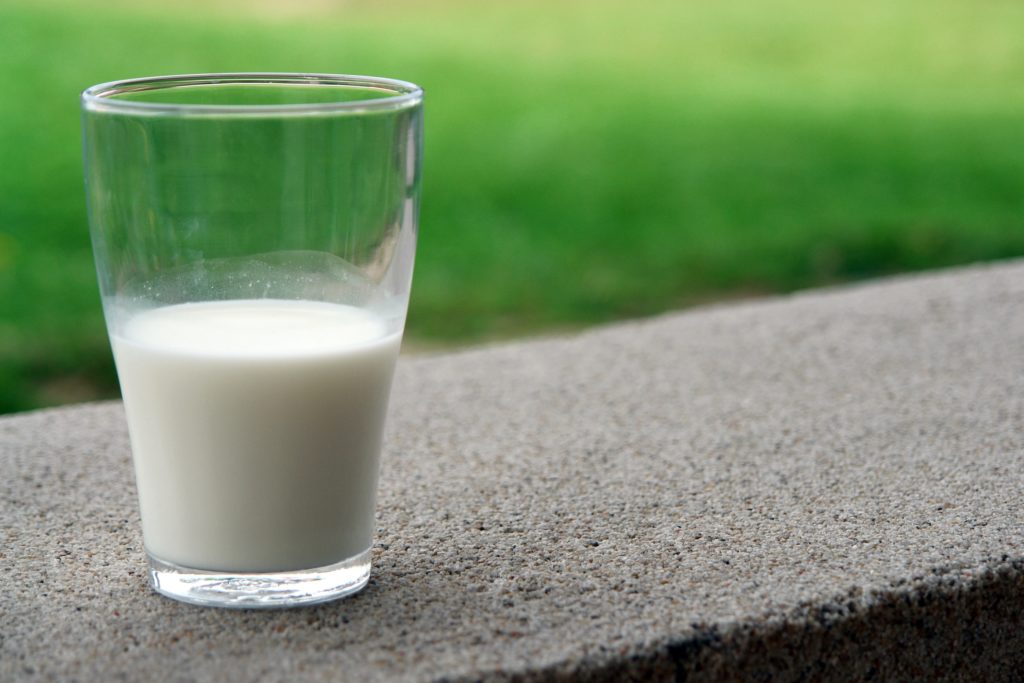Vitamin D is important for brain health.
It is also important for the health of your immune system and may play an important role as a protective measure against severe COVID-19 symptoms.
Vitamin D and COVID-19
COVID-19 research is significant but with a vaccine a way off, strengthening our immune systems is an important part of protecting ourselves. Research is showing that Vitamin D insufficiency is prevalent in severe COVID-19 cases. Interestingly at a Boston homeless shelter, research showed that the entire population was asymptomatic. While they all had COVID-19, not one of them was showing symptoms. One possible reason is that the amount of outside time that those individuals experienced improved the levels of this important vitamin.
While the research is still in its infancy, we can conclude that ensuring adequate amounts of Vitamin D in our systems is prudent. But aside from COVID, this vitamin plays an important role in brain health.
Brain Structure
While we know from the research that insufficient levels of Vitamin D increase dementia risk, new research shows low levels also impact brain structure.
The Queensland research showed that insufficient Vitamin D impacted the structure of the hippocampus. This in turn had an impact on learning and memory.
The lower levels of this vitamin affected the perineuronal nets, which impacted the ability of the neurons in the hippocampus to connect. While hippocampus volume was not affected, the number and strength of the connections was reduced. And thus, memory and the ability to learn declined.
Dr. Burnes noted that the hippocampus is “like the canary in the coalmine—it might fail first because its high energy requirement makes it more sensitive to the depletion of essential nutrients like vitamin D.”
Vitamin D as a Risk Factor for Dementia
Low levels of Vitamin D have been shown to be a major risk factor for dementia and Alzheimer’s disease. Scientists studied 1,658 Americans over the age of 65 to determine whether there was a connection between Vitamin D and dementia risk. They followed this group for six years to track who went on to develop Alzheimer’s disease or other forms of dementia.
What they found was that a deficiency was linked to a substantially increased risk of dementia and Alzheimer’s disease. In fact, those with a moderate deficiency in this vitamin had a 53% increased risk of developing dementia and those with a severe deficiency increased their risk of developing dementia by 125%.
The study also identified optimal levels that should be circulating in the blood stream. The findings confirmed that Vitamin D levels above 50 nmol/L are strongly correlated with good brain health. This is definitely an area for discussion with your doctor or nutritionist. A simple blood test can establish the levels of vitamins in your system and together you can look at ways to improve where necessary.
While not definitively proving that low Vitamin D levels cause dementia, there is enough of a correlation to consider acting to reduce this risk factor. Improving your levels of the D vitamin is a prudent step to take in reducing your risk of developing dementia.
Impact on Sleep
Low Vitamin D levels have also been associated with poor sleep quality and the development of sleep disorders. Other studies have also shown that a deficiency in this area has negative effects on sleep. And we know that poor sleep patterns lead to impaired cognition.
The evidence is clear that Vitamin D is important to improve sleep and reduce dementia risk.
Impact of Aging
One of the difficulties is that age becomes a factor when talking about sufficient levels of Vitamin D. We face an increased need for Vitamin D after the age of 50.
It becomes a bit of a double whammy. You need more of it and the lack of Vitamin D has a significant impact on aging well.
The Role of the Sun
The optimal way to get this vitamin is through exposure to the sun.
In fact, our body synthesizes Vitamin D from sun exposure and does not really need to get it from food. However, there are many factors which can affect sun exposure – like sunscreen, cloud cover, pollution, and skin pigmentation. As well, during the winter months in the northern hemisphere, the sun is low on the horizon. This impacts the effect of the sun’s rays on the skin.

All of these factors can limit the effectiveness of sun exposure and can cause a decrease in optimal vitamin levels.
While our bodies can synthesize Vitamin D after exposure to (UVB) ultraviolet rays from sunlight, everyone faces different factors. Therefore, it is difficult to give a general rule for sun exposure. The best idea is to be sensible. A light pink or tan is good – burning is bad.
But once again – those of us over the age of 50 have a reduced ability to manufacture the vitamin from sun exposure. And if you live in Canada or the northern United States, getting enough sun is particularly difficult in the winter months.
So other than moving south in the winter months, what are your other options?
UVB Lights and Diet
You might want to invest in UVB lights, which are typically available from home health stores. As discussed in a previous blog post, you can use bright light therapy not only to improve sleep patterns but also to facilitate the production of Vitamin D. Use these lights within the recommended daily limits as they can be counterproductive if used too late in the day.
A second option is to improve dietary intake of Vitamin D rich foods. Fatty fish like salmon, tuna and sardines are great sources of this vitamin, as are eggs. Many dairy products like milk or yogurt and citrus fruits and cereals are now fortified with Vitamin D.
Vitamin D Supplements
Another option is to take Vitamin D supplements. Interestingly, a daily supplement of 400IUs of Vitamin D for individuals over 50 is the only supplement that the Canada food Guide recommends. This is on top of the recommended two glasses of milk.

When considering adding Vitamin D to your diet through supplements, you need to be aware of the role magnesium plays in helping your body absorb Vitamin D. Magnesium, calcium, vitamin D3 and vitamin K2 need to be balanced with each other for optimum health. Eating a healthy breakfast can be one way to ensure sufficient amounts of these vitamins and minerals.
Getting enough magnesium may be difficult, but one little trick is to take regular Epsom salt baths or foot baths. Epsom salt contains magnesium and can be absorbed through your skin. Plus, it makes your skin feel great – a real win-win.
The Essential Requirement – Get Enough
The essential point is that you do need to think about how much Vitamin D you are currently getting through nutrition and sun exposure and consider how you might add additional Vitamin D to your diet. The link between deficient Vitamin D and dementia risk is too strong to be ignored.
This is something worth discussing with a nutritionist or your doctor. Speak with them about a plan to improve your Vitamin D levels.
Maybe you can suggest to your physician that they can write you a prescription to go to Costa Rica for the winter months?

Well – we can always dream!





0 Comments